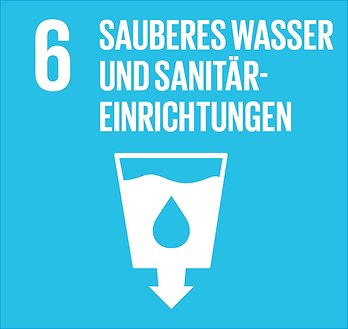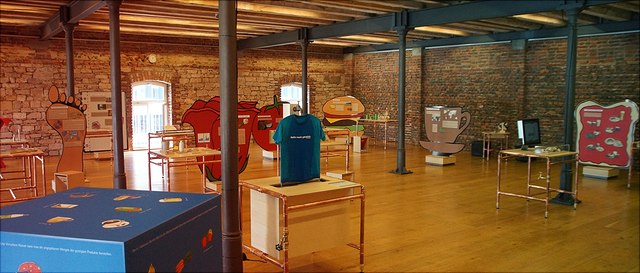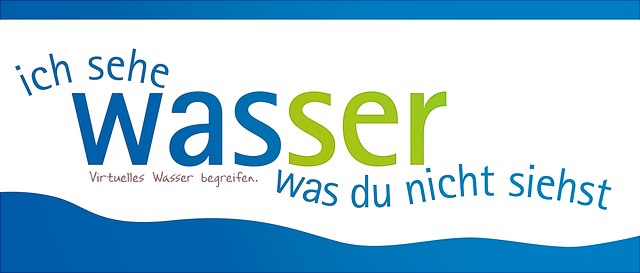SDG 6: Clean Water and Sanitation
SDG 6 calls on us to ensure the availability and sustainable management of water and sanitation for all. Clean water and sanitation are fundamental requirements for sustainable development everywhere around the world. People need water for their homes, agriculture, and in particular for industry.

Sponsorship team
Prof. Dr. Michael Schnegg
Faculty: Humanities
Department(s): Cultural Studies, Institute of Social and Cultural Anthropology
Profile: Prof. Dr. Michael Schnegg
What are your research areas? What research projects are you currently working on? How do these relate to “your” SDG?
Research areas:
- political ecology
- culture and climate change
- social networks
- methods
- Southern Africa, Latin America
Two projects relate directly to SDG 6:
- Local Institutions in Globalized Societies (LINGS) examines the value and importance of water in rural Namibia. Focal aspects of research within this project include local institutional dynamics and socioeconomic consequences of state decentralization reforms on rural water management in the communal agricultural areas of the Kunene Region in northwestern Namibia.
- Gold Matters: Artisanal Gold Mining, Mobility and Ideas of Sustainable Futures in Ghana—this project examines the importance of water in gold mining. The objective is to identify what sustainability transformations actually mean in the context of artisanal and small-scale gold mining, if transformations can occur, and under what conditions they are possible.
What activities are you planning as part of the SDG sponsorship? What possibilities do you see in (interdisciplinary) networking with other members of your sponsorship team?
An exchange of thoughts and ideas on methods.
Prof. Dr. Sandra Sprenger
Faculty: Educational Science
Department(s): Social Sciences, Mathematics and Natural Sciences Education (EW 5)
Profile: Prof. Dr. Sandra Sprenger
What are your research areas? What research projects are you currently working on? How do these relate to “your” SDG?
Research on teaching and learning on the topic of sustainable water consumption.
The Sustainable Development Goals (SDGs) are closely linked with educational processes because implementation of the contents and concepts of sustainable development can be transferred to the various levels of the educational system through education. In the context of the sponsorship of the SDG 6 (Clean Water and Sanitation), I examine educational issues related to sustainable water consumption:
- research on ideas about sustainable water consumption
- ancillary research for an interactive exhibition devoted to understanding virtual water
- implementation of the contents in schools and teacher training
How and why did you become interested in this topic?
In addition to being interested in subject-specific didactic educational research as a whole, I was at the same time also involved in the conceptual development of an exhibition devoted to understanding virtual water. This exhibition was displayed in Hamburg and many other cities in Germany. Interest in the topic has increased dramatically in recent years as a result of numerous discussions with other academics, students, teachers, schoolchildren, and the general public.

Photo of the exhibition devoted to understanding virtual water (Universität Hamburg / Sprenger)

Logo for the exhibition devoted to understanding virtual water (Universität Hamburg / Mathematikum)
What activities are you planning as part of the SDG sponsorship? What possibilities do you see in (interdisciplinary) networking with other members of your sponsorship team?
International expansion of research in the field of Education for Sustainable Development (ESD).
In the future, the project will be expanded to include international discussion on Education for Sustainable Development. In cooperation with a university in Ankara, Turkey, initial data is currently being collected on schoolchildren’s ideas regarding water consumption and sustainability. The subject is especially well-suited for intercultural dialog in teacher education because it is an educational goal to integrate intercultural networking in order to promote the understanding of global interrelations and different perspectives as an extension of one’s own perspective.
Does your topic also relate to any of the 16 other SDGs?
Yes, particularly SDG 4 (Quality Education), SDG 12 (Responsible Consumption and Production), SDG 13 (Climate Action), and SDG 15 (Life On Land).
